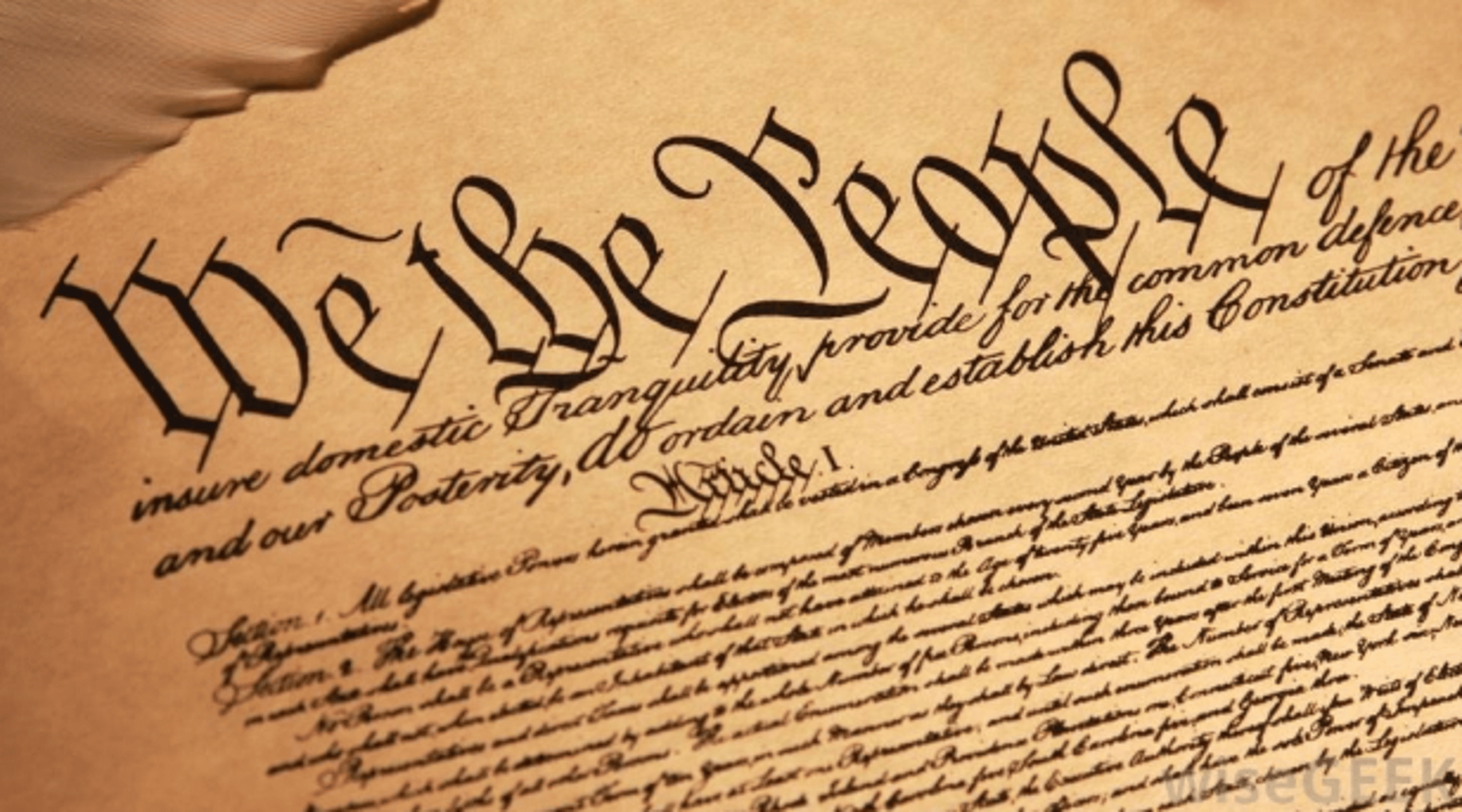

How to Reform the Legal System of the United States:
Cleaning the Augean Stables
Robert Erkenbrand
On April 9, 1865, General Robert E. Lee surrendered, and the Civil War seemed to come to its bloody end. The United States had endured to survive the greatest test it would ever face. Government of the people, by the people, and for the people shall not perish from the earth. Or is the Civil War still being waged today in guerrilla fashion? And can it still be lost?
What if, after the Fall of Richmond, the Confederates retreated into the federal judiciary and today are still waging the Lost Cause from that fortress in the name of States Rights? In recent years, the Supreme Court of the United States has nullified the right of citizens of the United States to enforce most of the civil-rights laws of the United States (Abing v. Evers). At the same time, it has radically decreased the ability of the federal judiciary to control State courts by abolishing the common law (Erie v. Tomkins). And it has given the States control over federal elections by legalizing rigging of federal elections by State legislature (the Gerrymander Cases). And it has gone a long way toward paralyzing the U.S. Congress by legalizing bribery of federal officials (Citizens United). The great Civil War was over a legal question: the States' right to choose. May the States do whatever they democratically choose according to their laws (for example secede or enslave their minorities or confiscate property)? Or are their rights subordinate to the laws of the nation as a whole? There is no doubt which side of this question the Supreme Court has taken.
In the first of these Confederate decisions reported here, the State of Hawaii has entered into an ongoing alliance with enterprising lawyers to steal thousands of the homes of residents of that State. The lawyers file forged documents with the State courts, and complicit judges in special courts use those documents to take the homes from their owners and give them to the lawyers and their shadowy clients. The Hawaii Office of Consumer Protection assists in the alliance by driving the homeowners' attorneys out of business and by threatening the homeowners with felony prosecutions if they resist. Since the State courts will rule against the homeowners in all cases, why do the homeowners not just sue the State of Hawaii in federal court under the United States civil-rights laws, demanding equal protection of the laws? They do. And the cases are thrown out by the federal courts, acting on instructions from the Supreme Court. In Abing v. Evers (2023) they hold that the doctrine of "sovereign immunity" grants absolute immunity to the States from all lawsuits by citizens of the United States. Actually, the word "sovereign" appears nowhere in the laws of the United States. It rather is a phrase taken from the Preamble to the Constitution of the Confederate States of America:
We, the people of the Confederate States, each State acting in its sovereign and independent character,
in order to form a permanent federal government, establish justice, insure domestic tranquility, and
and secure the blessing of liberty to ourselves and our posterity--invoking the favor and guidance
of Almighty God--do ordain and establish this Constitution for the Confederate States of America.
The federal courts say that the Eleventh Amendment to the Constitution requires this result. But the Eleventh Amendment merely says that a State may not be sued by citizens of another States, and Abing, the lead plaintiff, is a citizen of Hawaii. Also, even if the Eleventh Amendment said what the federal courts say it means, it was enacted in 1798, which means it was amended by the Fourteenth Amendment in 1868 as to civil-rights laws, which are enacted pursuant to the Fourteenth Amendment. Therefore, there is no basis for the Court's decision except the Constitution of the Confederate States of America.
The federal courts' position is a clear threat to every homeowner in the United States. It can happen here. Below is the complete text of the Petition of the homeowners of Hawaii to the Supreme Court of the United States in Abing v. Evers:

